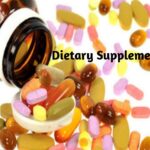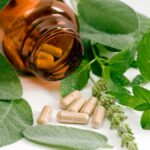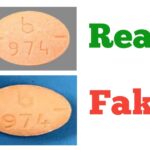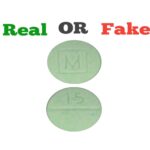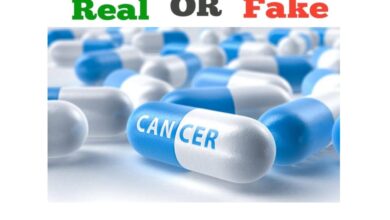Is GNC Selling Fake Supplements?
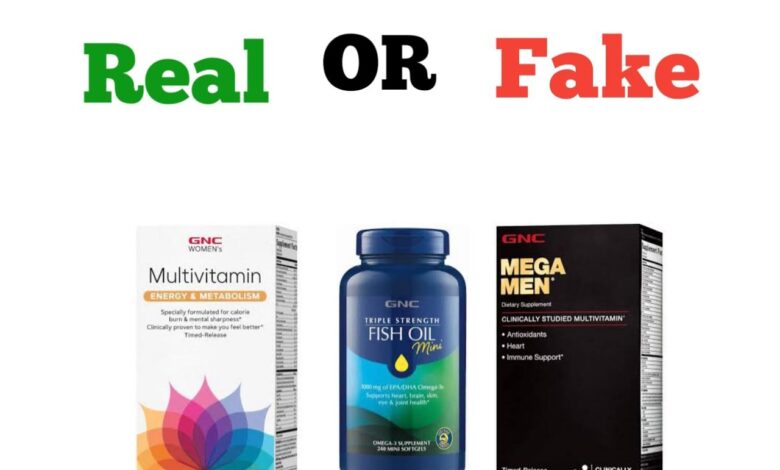
Dietary supplements are substances you might use to add nutrients to your diet or to lower your risk of health problems such as osteoporosis or arthritis. Dietary supplements come in the form of pills, capsules, powders, gel capsules and tablets, extracts, or liquids.
Counterfeit supplements find their way to unsuspecting shoppers all around the world. Is it ginseng extract, or really a mixture of garlic and rice powder? Does that multivitamin actually have any vitamins? Does that diet pill have hidden toxic ingredients?
Unfortunately, there’s no simple way to find out. The best thing for consumers to do is to stick with legitimate dealers, but even trusted outlets like GNC and Walgreens have been called out for selling mislabeled or fake products. That’s why supplement brands should keep tight control over their supply chain and be aware of who is selling what.
In 2016, GNC, the country’s largest retailer of supplements, agreed to pay $2.25 million in a settlement with the Department of Justice for its role in a scheme that led to a federal crackdown on supplements that contain hidden drug ingredients, harmful compounds or that don’t truthfully list their ingredients. GNC did not admit to any wrongdoing in the settlement, but the Department of Justice said it would keep open the threat of prosecution if GNC breaks any promises.
The fake drugs market is an enormous one — it’s worth more than $30 billion! The vitamin and supplement market is just a portion of that worth, but it sends 23,000 people to the emergency room every year.
The majority of these bad products come from countries such as India, China, or those in Africa. These developing countries exhibit poor quality control, and the absence of a strong legal system that punishes the manufacture of fake products attracts many criminals and other bad actors to the medicine-related industries. According to a report by the World Health Organization, 1 in every 10 medical products found in circulation in low- and middle-income countries are either fake or of poor quality.
Here are some of the shocking findings from the NYC attorney general’s report:
- A ginseng supplement sold at Walgreens contained only powdered garlic and rice.
- Six herbs sold by Target tested negative for the herbs listed on their labels. Instead, these supplements were made up of rice, beans, peas, and wild carrots.
- GNC had supplements with ingredients missing from their labels. These hidden ingredients included peanuts and soybeans, which can be very dangerous for anyone with allergies.
The bottom line is this—neither Amazon nor retail stores are sources you can blindly trust when it comes to supplements.
How To Avoid Fake Supplements
Buy Directly from Reputable Manufacturers: Once you’ve found a reliable manufacturer of a particular supplement you want to buy, you can go right to the manufacturer’s website and purchase directly from them. This is the number one method you can implement to ensure your supplements are not only real, but high quality.
Sure, it may be a bit more expensive because you might not get the free shipping that comes from your Amazon Prime account. However, you’ll have the guarantee of product coming straight from the manufacturer without passing through any unnecessary and potentially dangerous third parties.
Keep in mind, it’s often possible to buy directly from a manufacturer using Amazon. Many manufacturers recognize how convenient it can be for the consumer to use this e-commerce platform and set up an account to sell from their site.
Buy Directly from Reputable Sources: This strategy differs slightly from manufacturers in that there are many doctors, nurses, and wellness leaders who sell their own private label products. These are often blends of vitamins, minerals, nutrients or herbs that have been developed from their personal clinical experience and research. There are actually many successful blends that were developed by health professionals to support their own patients in their practices. Many of these supplements are unique or personalized health solutions and shouldn’t be overlooked just because they aren’t from the manufacturer themselves.
In the case of supplements sold by reputable sources, be sure to use a similar mentality as you do when you buy from reputable manufacturers. Once you identify the product and source as high quality (from your excellent sleuthing), you should then only buy this directly from the source. Avoid third-party sellers, especially if they are selling the product at a fraction of the price.
Check the FDA Tainted Product List: You can check the FDA’s tainted products list. This is a running list of potentially hazardous products but is by no means complete.
Check for Red Flags
Major red flags include:
• If the product seems fake or too good to be true
• Supplements that are very cheap
• If the seller has no contact information
• Reviews that seem overly curated
Check for Signs of Credibility
Signs of credibility include:
• Trusted certifications
• Third party lab testing
• Choose trusted brands that have been around for many years

